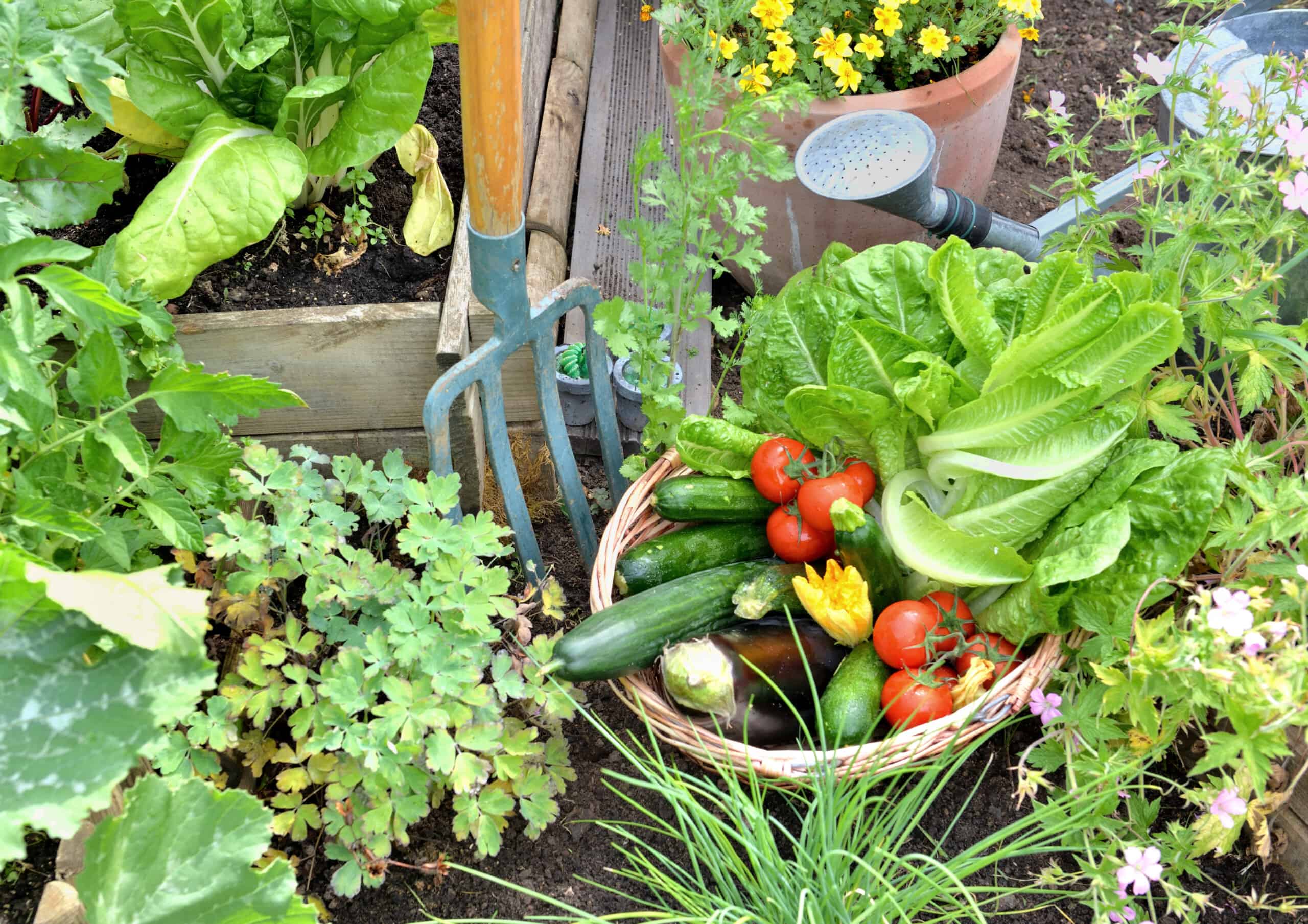
Agricultural practices and food production have evolved from hunting and gathering and small-scale agricultural production to the massive high-yield food systems we see today. Thanks to modern energy, new technology, and scientific discoveries, we have succeeded in maximizing and modifying food production to fit people's unique desires. Yet, not all is well in the food industry. Fueled by the desire to provide grocery stores with excessive amounts of aesthetically pleasing produce and meat, unhealthy and environmentally damaging practices like the use of harmful fertilizers and pesticides, the overconsumption of water, and deforestation have become part of the standard around the globe. To make matters worse, about one-third of the food produced worldwide is lost or wasted. With food insecurity rates rising and the impact of climate change creating dangerous obstacles around the globe, changing the way in which we view food and our natural resources has become a necessity.
Consequently, people everywhere have now taken a step back to analyze their daily habits. While many of these problems require institutional changes and government support for the development of more sustainable systems like vertical farming or aquaponics, there are actions you can take at home to alleviate the impact on the planet. Growing your own food garden, for example, is one of the most fulfilling ways to connect with nature and create a more direct connection with food in your home.
Eat fresh produce
By growing your own food garden in your yard, even a small one, with the help of indoor gardening tools like Smart Gardens or Hydroponic kits, if you live in an apartment, you can take full control of the quality of the produce you consume. Often, large food producers will trade quantity and aesthetics for quality and nutrition. By planting your own fruits, vegetables, and garnishes, you can grow ingredients with high-quality soil and skip the harmful chemicals and pesticides that you would otherwise consume. What better way to lead a clean, healthy lifestyle than by ensuring your food is packed with nutrients? You could even take things to the next level by playing around with different types of soils and varieties of seeds to modify the sweetness or overall taste of what you grow.
Compost
Even when growing your own food, you are likely to end up with some leftovers. Thankfully, if you have a garden, you can use things you would ordinarily throw out, like egg shells, vegetable scraps, stale bread, coffee grounds, or even coffee filters to fuel a compost to add essential vitamins and minerals to your garden. In the end, it's a win-win; you can reduce food waste and improve the quality of the food on your table.
Save water
According to the 2022 UN World Water Development Report, an astonishing 70% of groundwater withdrawals worldwide are being used agriculturally to produce food, livestock, industrial crops, and fibers. Water, as abundant as it may seem in certain parts of the world, is a limited resource and should be used strategically and with caution. By taking the time to grow a personal food garden for you and your family, you can use different techniques and technologies to make your garden as water-efficient as possible.
Improving our relationship and creating a more direct connection with food is essential for a prosperous, healthy future. Something as seemingly small as starting your own food garden can allow you to reduce waste, improve the quality of your food, save water, and take back control over what you consume. What you do matters, so take action and start making a difference. To learn more about the connection between human activities, energy, and the environment, visit Resourcefulness.org, and don't forget to follow us on Facebook and Instagram. For information on energy careers and fun energy-related activities, visit Smart Energy Education and Watt Watchers!
We'd love to help answer any questions and help you get started! Drop us a line and we'll get back to you as soon as we can.
Watt Watchers of Texas
204 E. Dean Keeton Street, Austin, Texas 78712
contact@watt-watchers.com
Nos encantaría contestarle cualquier pregunta que tenga y ayudarle empezar! Envíenos un mensaje y nos pondremos en contacto con usted lo antes posible.
Watt Watchers de Texas
204 E. Dean Keeton Street, Austin, Texas 78712
contact@watt-watchers.com